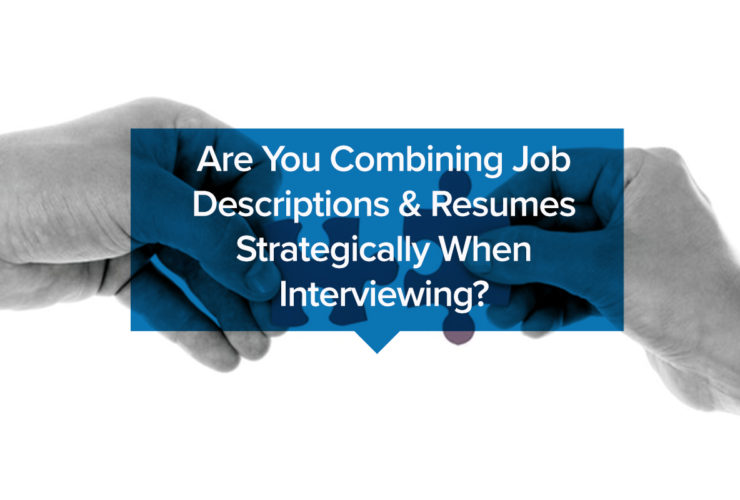Recruiters and hiring managers aren’t necessarily technical experts, and this has created a pretty wide chasm in some modern hiring contexts. Let’s say your company have a role to recruit an expert in machine learning in order to complete a big, revenue-facing project in the next 2-3 quarters. You are now tasked with finding that personalization expert, and the success of the project somewhat hinges on getting the right person into that slot. But what do you really know about personalization? Couldn’t a candidate lie to/hoodwink you if you and the hiring manager aren’t sure what you’re looking for? Wouldn’t that be a logical concern?
When you need specific knowledge and that knowledge isn’t readily accessible, where do you turn?
Here are a few ideas:
Google: This is potentially going to be the weakest idea on this list. While Google is great on many levels, you need a “trust but verify” approach when looking for information on specific tech roles or programming languages. You can use it to get a 35,000-foot view of the specs required for success in similar roles.
Reddit: Go into Reddit sub-communities for skills and roles you’re recruiting for. See what people are discussing. Look at the terminology and vocabulary. You might not understand everything in there, but sketch out some notes. What seems important? What are the big topics?
Other job descriptions: How are companies recruiting for similar roles phrasing those roles? What stands out in those job descriptions? What seems the most important?
Current employees: Who’s the closest to the type of work the new hire would be doing? Aside from his/her manager (likely the hiring manager), who will the person work with the most? What team? Go talk to them and ask what’s important. What do they need? What do they absolutely, unequivocally need from this hire, and then what’s more of a “nice to have?” Take copious notes here. The hire will be working with the team. It’s important they explain what they need in order for this project to move quickly and efficiently.
The hiring manager: They often don’t know as much as they could, unfortunately, but still, run through the role with them and ask for a one-pager on what they really need here. If they try to simply re-submit the job description to you, ask for more detailed notes on the priority of different skill sets or languages.
Early-stage interviews: Use early-stage interviews to grow as a recruiter. Ask earlier interviews to walk you through different processes and tools. Take notes on those, look them up, ask current employees about them, and then turn that knowledge into questions you can directly ask later candidates. For example, if you learn of workflow challenges from one personalization candidate, ask later candidates about what workflow tools they’re comfortable with, and if they’ve been tripped up before. Use earlier interviews to inform how you deal with later candidates. If need be, bring in the earlier candidates again for clarification around topics you now understand better.
eTeki: This is a problem we solve as well. You can use third-party technical experts, provided by our platform, to make sure your candidates are vetted in terms of technical skills. There are all sorts of benefits to this — we won’t elucidate them all here — but it means you get higher-quality candidates in front of the eventual hiring manager, which fixes your relationship with them for future hires, and someone who looks great on paper may be proven to have no true technical skills (often in previous roles they were on deep-bench teams and didn’t really have to do the work; they could hide).
What other ways have you tried to acquire knowledge about roles and languages you had no idea about when a hiring process started? Tweet us at @eteki with the hashtag #TechTalentKnowledge and let us know.

Bala Nemani, Founder & CEO at eTeki
Founder of eTeki and IT Solutions Executive with a passion for getting “candidate to role” fit right 100% of the time.







